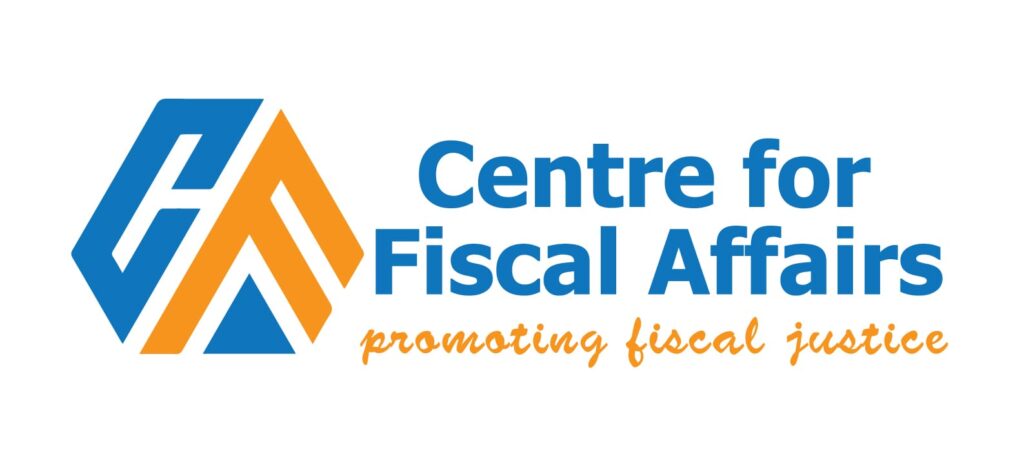In Kenya, public debt oversight is a crucial responsibility that should involve citizens. Public debt refers to the money borrowed by the government from external and internal sources to finance its budgetary obligations, such as infrastructure development, social services, and other public expenditures. The role of citizens in public debt oversight is to ensure that public debt is used for its intended purposes and that it does not compromise the country’s economic growth, social development, and political stability.
The CoK 2010 Art. 201 empowers citizens to participate in public debt oversight by providing for public participation in budgetary processes. The Constitution requires the government to involve citizens in the preparation and implementation of budgetary plans and policies, including public debt management. This participation can be achieved through public consultations, public hearings, and public forums where citizens can provide their input on budgetary matters.
Citizens can also play an active role in public debt oversight by monitoring the government’s borrowing activities, debt repayment plans, and debt sustainability. This can be done through various means, such as tracking public debt levels and trends, monitoring government borrowing activities, and analyzing the impact of public debt on the economy, social welfare, and political stability. This requires a high level of transparency and accountability from the government, including timely and accurate reporting of public debt levels and debt servicing obligations.
Another way citizens can participate in public debt oversight is by holding the government accountable for its borrowing decisions. This can be done through legal means, such as filing public interest litigation in courts, or through peaceful protests and demonstrations to demand accountability from the government. Citizens can also engage their elected representatives, such as Members of Parliament, to raise concerns about public debt management and advocate for more responsible borrowing and debt management practices.
In conclusion, citizens play a critical role in public debt oversight in Kenya. They have the power to monitor and hold the government accountable for its borrowing decisions and ensure that public debt is used for its intended purposes and does not compromise the country’s economic growth, social development, and political stability. The government should prioritize transparency and accountability in public debt management and involve citizens in budgetary processes to promote effective public debt oversight

Good post. I learn something totally new and challenging on blogs I stumbleupon on a daily basis. Its always useful to read content from other authors and practice something from their websites.